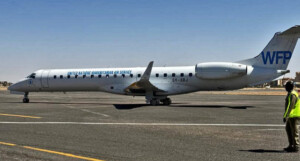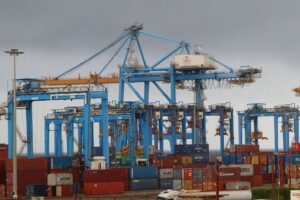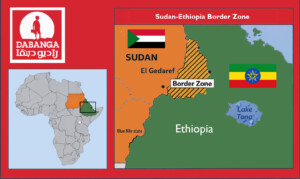Criminal complaint against major French bank for ‘complicity in Sudan atrocities’
The International Federation for Human Rights (FIDH) reports that nine Sudanese victims, supported by FIDH and Project Expedite Justice, have filed a criminal complaint today with investigative judges in Paris, targeting French bank BNP Paribas for alleged complicity in crimes against humanity, torture, and genocide that took place in Sudan, as well as financial offences.
 File photo: bnpparibas.com
File photo: bnpparibas.com
The International Federation for Human Rights (FIDH) reports that nine Sudanese victims, supported by FIDH and Project Expedite Justice, have filed a criminal complaint today with investigative judges in Paris, targeting French bank BNP Paribas for alleged complicity in crimes against humanity, torture, and genocide that took place in Sudan, as well as financial offences.
This complaint marks the first attempt to hold the French bank criminally responsible* for alleged complicity in international crimes committed in Sudan, and Darfur in particular. Between at least 2002 and 2008, BNPP was considered to be Sudan’s “de facto central bank”, and BNP Paribas (BNPP) has admitted to acting as the primary foreign bank to the Sudanese government between 2002 and 2008.
Prosecuted in the United States for dealing with Sudan, Iran, and Cuba in violation of US sanctions, BNPP has admitted to acting as Sudan’s foreign bank between 2002 and 2008. The US Department of Justice has described BNPP as Sudan’s “de facto central bank” because it gave the Sudanese government access to the US financial system and processed billions of dollars worth of transactions on behalf of sanctioned Sudanese entities. BNPP provided these services while Sudan was under sanctions from the UN, the EU, and several countries for committing war crimes and crimes against humanity against Sudanese civilians, today’s report by the FIDH says.
BNPP entered into a plea agreement and the case led to a record $8.9 billion fine in July 2014. But, Sudanese victims did not ultimately receive any compensation as the US Congress diverted the funds to victims of domestic terrorist attacks.
“Behind the gravest crimes and human rights violations there is always money. By granting the Sudanese regime access to international money markets, BNPP allowed the government to function, pay its staff, military and security forces, make purchases abroad, all while Sudan was a pariah on the international scene for planning and committing crimes in Darfur,” says Patrick Baudouin, lawyer and FIDH honorary President.
“We want to make the voices of Sudanese victims heard through this complaint. To this day, they have been denied the possibility of justice, whether in Sudan, before the ICC or in the US,” says Mossaad Ali – Executive Director of ACJPS, while SHRM secretary-general Magdi El Naim added: “This step complements the heroic efforts by activists and citizens on the ground in Sudan to fight impunity and hold perpetrators of atrocities accountable.”
*In June 2017, three civil society groups in France filed a lawsuit against BNP Paribas, accusing it of complicity in the 1994 Rwandan genocide that killed more than 800,000 people.
The groups Sherpa, the Collectif des Parties Civiles pour le Rwanda and Ibuka France said Thursday that the bank transferred $1.3 million that was used to purchase weapons, in violation of a UN arms embargo.
Radio Dabanga’s editorial independence means that we can continue to provide factual updates about political developments to Sudanese and international actors, educate people about how to avoid outbreaks of infectious diseases, and provide a window to the world for those in all corners of Sudan. Support Radio Dabanga for as little as €2.50, the equivalent of a cup of coffee.












 and then
and then